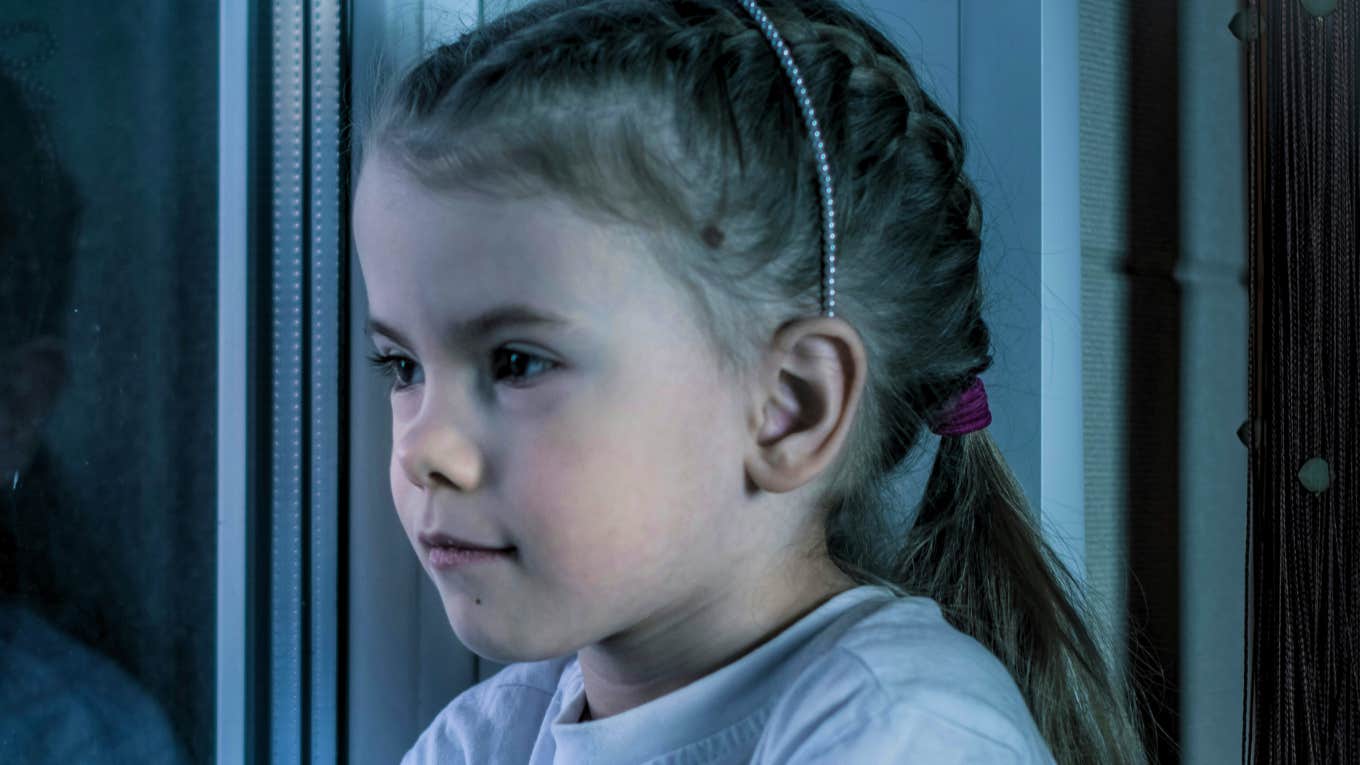This 27-Question Personality Test Reveals If Your Child Has A Dark Triad Personality
Are you raising a kid who has the dark triad personality traits?
 Bermix Studios | Unsplash
Bermix Studios | Unsplash Most children are, at times, annoying. Most kids can be, at times, a pain. But most little people aren’t murderers on the make or psychopaths on a path towards their first victim.
That said, some are. The world contains a lot of evil people and all of them are somebody's kids. It’s enough to keep a body up at night, but, fortunately, there are ways to check and see whether your sweet little boy is like the devil. The key? Use psychology to look for the dark triad of personality traits, and whether or not your child has them.
Psychologists consider a manipulative attitude, narcissism, and lack of empathy to be the three crucial ingredients of a truly malevolent personality — and they once to test for each trait individually, with lengthy assessments. But the short version, developed by Delroy Paulhus and colleagues in 2011, can identify the dark triad just as effectively with one brief, 27-question test.
This 27-question personality test reveals if your child has a dark triad personality:
Ask your child to answer the following questions: strongly disagree (1), disagree (2), neither agree nor disagree (3), agree (4), or strongly agree (5). For questions with an asterisk, reverse the scoring (strongly disagree=5).
Then, tally up the scores for each subsection. The average score is about 3 for each question in the first two sections and about 2.5 for the final section.
Machiavellianism (Manipulative Attitude) Subscale
1. It’s not wise to tell your secrets
2. I like to use clever manipulation to get my way
 DREAM INSPIRATION / Shutterstock
DREAM INSPIRATION / Shutterstock
3. Whatever it takes, you must get the important people on your side
4. Avoid direct conflict with others because they may be useful in the future
5. It’s wise to keep track of information that you can use against people later
6. You should wait for the right time to get back to people
7. There are things you should hide from other people because they don’t need to know
8. Make sure your plans benefit you, not others
9. Most people can be manipulated
Narcissism Subscale
1. People see me as a natural leader
2. I hate being the center of attention
 Halfpoint / Shutterstock
Halfpoint / Shutterstock
3. Many group activities tend to be dull without me
4. I know that I am special because everyone keeps telling me so
5. I like to get acquainted with important people
6. I feel embarrassed if someone compliments me
7. I have been compared to famous people
8. I am an average person
9. I insist on getting the respect I deserve
Psychopathy (Lack of Empathy) Subscale
1. I like to get revenge on authorities.
2. I avoid dangerous situations.
3. Payback needs to be quick and nasty.
4. People often say I’m out of control.
5. It’s true that I can be mean to others.
6. People who mess with me always regret it.
7. I have never gotten into trouble with the law.
8. I enjoy having sex with people I hardly know
9. I’ll say anything to get what I want.
Don’t panic. These tests are meant to be taken under controlled conditions and interpreted by experts. If you’re nervous about the results, consider reaching out to your doctor. But odds are your kid is not malevolent, and that his or her flirtations with the dark triad are no big deal.
By the way, ever heard the one about the dark triad? It kills at psychology conferences. The bartender asks his patrons “Who has the darkest personality of you three?” The narcissist says “Me.” The psychopath says “I don’t care.” The Machiavellian says “Whomever I want it to be.”
You have options, and treatment would depend largely on which areas of the dark triad your child most identifies with. Talk therapy is the key way to treat Machiavellianism and narcissistic personality disorder (anxiety and depression medications can help, too).
Psychopathy is more difficult to treat — some experts believe doing so is impossible. However, progress has been made with the Decompression Model, which involves using positive reinforcement to reshape behavior.
Joshua A. Krisch is a science writer at Rockefeller University and former Science Editor for Fatherly. He produces videos and podcasts and has written for publications such as The New York Times, The Atlantic, The Scientist, Scientific American, and more.

